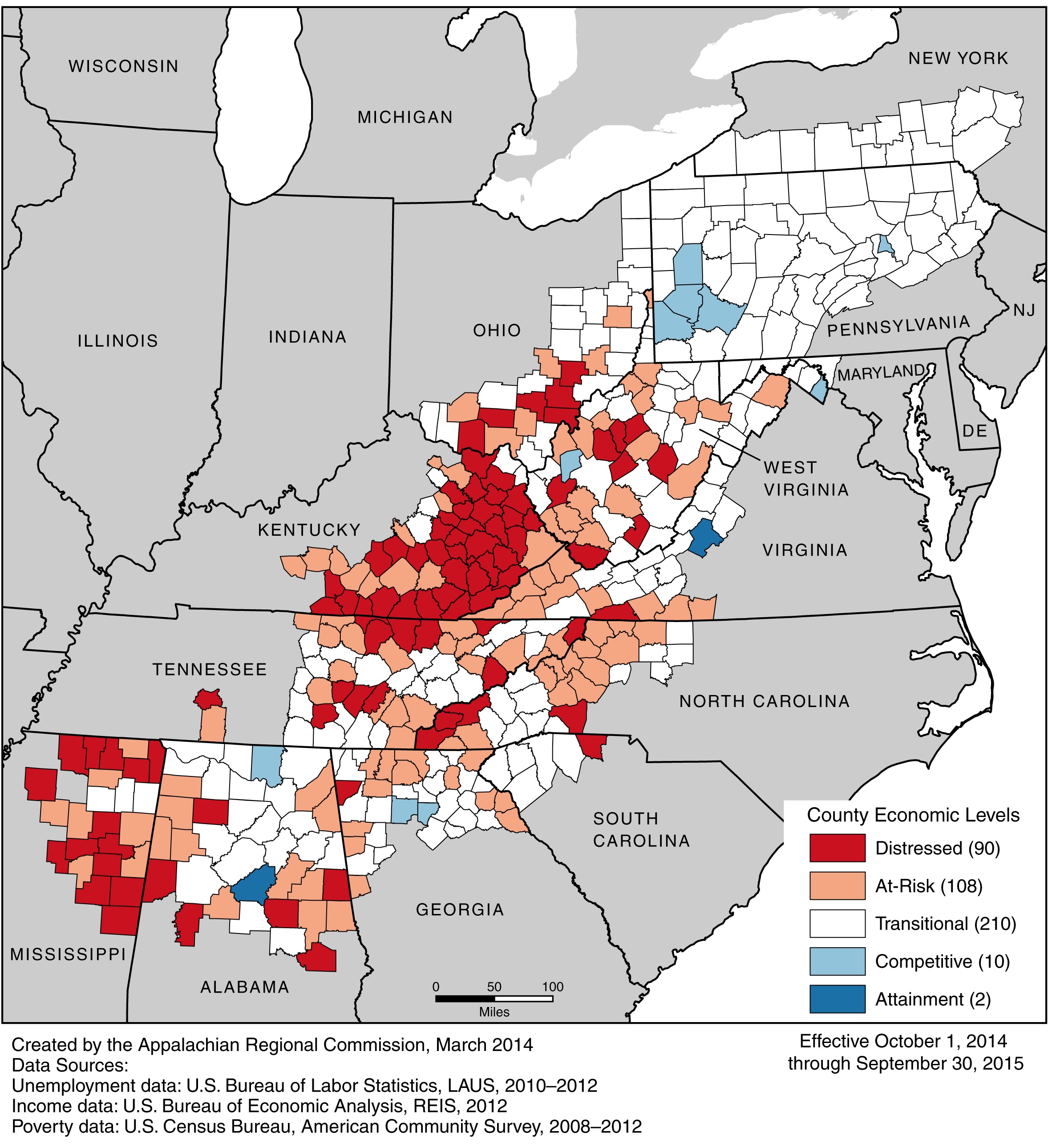- About
- Topics
- Story
- In-Depth
- Picks
- Opinion
- News
- Donate
- Signup for our newsletterOur Editors' Best Picks.Send
Read, Debate: Engage.

the then presidential candidate Donald Trump put on a miner's hard hat as he blurted out “miners, get ready, because you’re going to be working your asses off.”
During Trump’s presidential campaign, his ambition to restore jobs for miners’ communities across the US has been key, and since the election his administration adhered to their promise. The only hindrance to Trump’s vision is that the coal industry is (and should be) declining, leaving thousands of families in need of support as they transition into a new, post-coal world.
"The coal industry holds 76,000 jobs. Google alone employs 61,000."
The coal industry was a fundamental reason for Trump’s decision to pull out of the Paris Agreement, in conjunction he lifted a freeze of new coal mining leases on public land, all in the ‘hopes’ of securing a mere 76 thousand jobs. While this is a substantial amount, Google’s number of employees alone is 61 thousand. Together with 18% of coal jobs lost to renewable energy, and a growing percentage of job loss to automation the numbers are falling fast.
Trump claims he’s helping miners by reducing regulations on coal industries, but the inherently muddy connection between coal, coal miners, and coal companies allows him to pass legislation in favour of coal industry CEOs. For instance, Don Blankenship, former CEO of Massey Energy Company, is currently lobbying Trump’s administration to inflict softer criminal negligence laws on health and safety breaches, securing larger profits.
All of the above has little to do with neither the well being nor job security of coal miners. Instead, Trump’s administration has been cutting funds for non-profit organisation such as Appalachian Regional Commission.

The ARC helps revitalise communities affected by coal mining job loss with funding employment programmes, such as Bitsource in Kentucky, hiring miners as software programmers and paying them throughout their learning course.
In lieu of a final profit to be had from a collapsing industry, the US government is leaving the miner communities in limbo by denying the necessary funding to create new jobs in rising industries.
